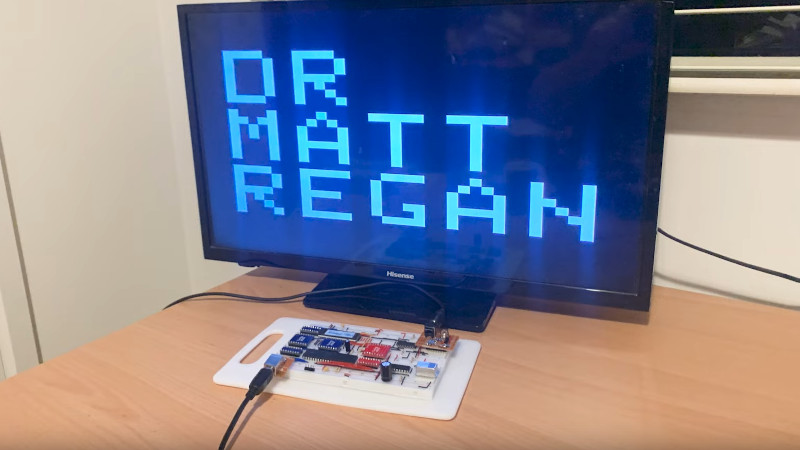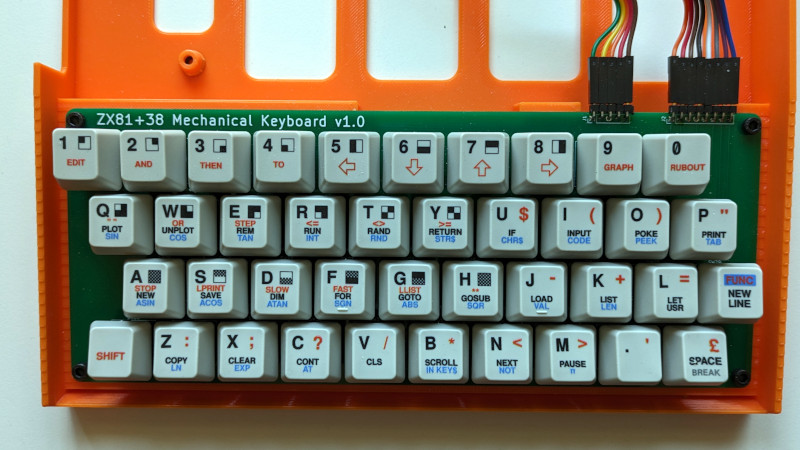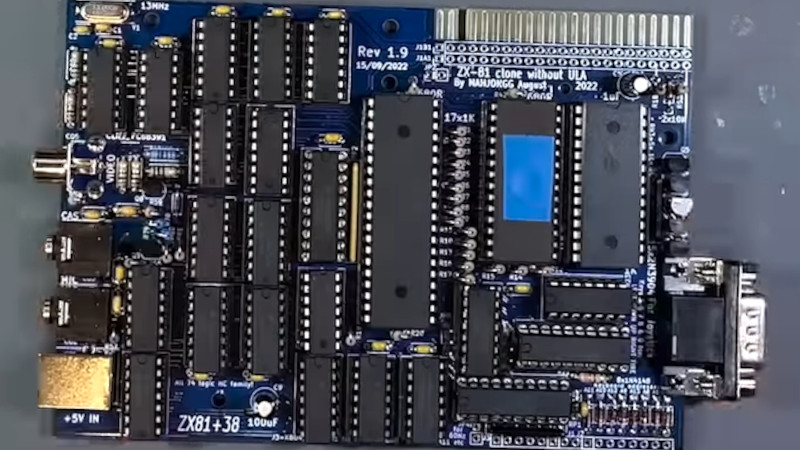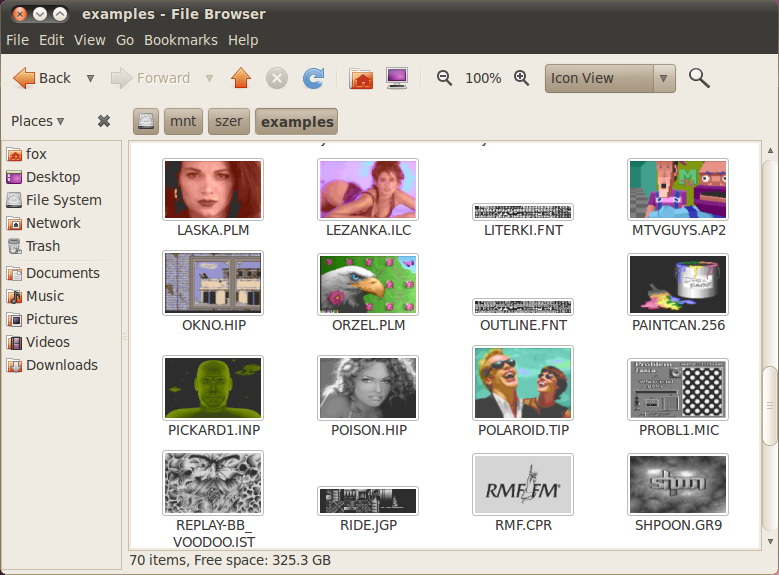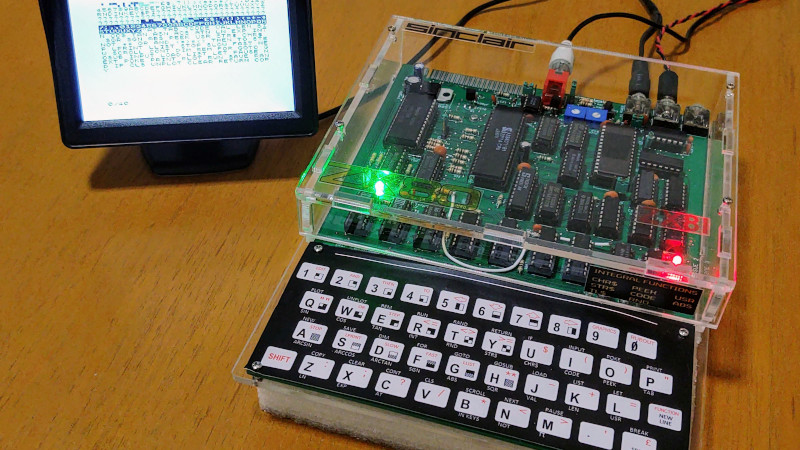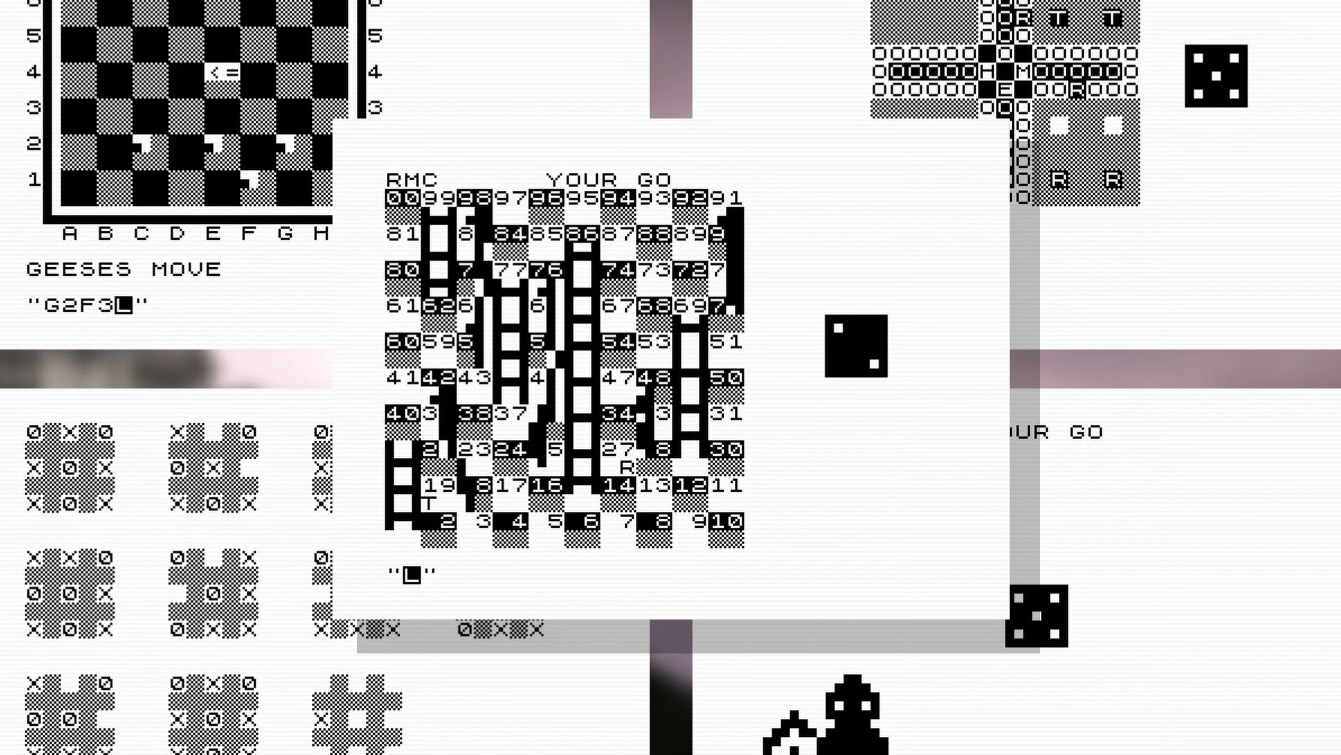

It is with sadness that we note the passing of the British writer, engineer, home computer pioneer, and entrepreneur, Sir Clive Sinclair, who died this morning at the age of 81 after a long illness. He is perhaps best known among Hackaday readers for his ZX series of home computers from the 1980s, but over a lifetime in the technology industry there are few corners of consumer electronics that he did not touch in some way.
Sinclair's first career in the 1950s was as a technical journalist and writer, before founding the electronics company Sinclair Radionics in the 1960s. His output in those early years was a mixture of miniature transistor radios and Hi-Fi components, setting the tone for decades of further tiny devices including an early LED digital watch at the beginning of the 1970s, miniature CRT TVs in the '70s and '80s, and another tiny in-ear FM radio which went on sale in the '90s.
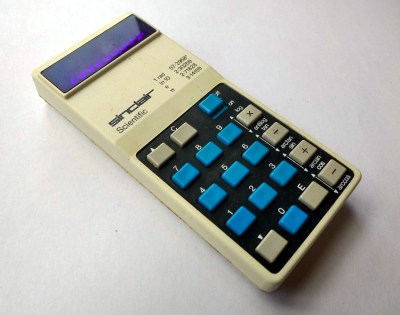 The Sinclair Cambridge Scientific calculator.
The Sinclair Cambridge Scientific calculator.
At the start of the '70s he took on the emerging mass-market calculator world with yet more miniaturisation by the use of button cells rather than bulky dry cells, and then with scientific calculators at a low price thanks to extremely clever reprogramming of a more mundane calculator chip. As calculators became commoditised his inevitable next step was into the world of computing which from modest beginnings led to the hugely successful ZX series of machines with 1982's ZX Spectrum as one of the most popular British computers of all time. These machines made clever use of an Uncommitted Logic Array chip to reduce their device count, and though they lacked the advanced features of their more expensive competitors their sub-£100 price made them an easy choice for cash-conscious parents. There was an array of Sinclair peripherals including a miniaturised tape storage device, as well as a huge ecosystem of third-party hardware and software.
Through the 1980s the computer business foundered and was sold to rival Alan Sugar's Amstrad, though the Sinclair inventing streak remained undimmed. His C5 electric vehicle was a commercial failure, but it led to his producing a range of electric bicycle add-on products into the '90s that forestalled today's electric bike boom by several decades. He wasn't quite finished with computers though, as his Cambridge Z88 of 1987 was an LCD portable that ran from AA batteries and provided useful on-the-road office facilities.
Aside from an array of always interesting but sometimes under-engineered technology products, Sir Clive's true legacy lies in the generations who benefited from his work. Whether he introduced them to electronics in the 1960s through his writing, or introduced them to computing in the 1980s though the magic of Sinclair Basic, he delivered the impossible straight from science fiction to an affordable Christmas present. There is a whole cohort of engineers and software developers in the UK and other countries whose first experience of a computer had a Sinclair logo and who learned about memory mapping the ZX way. For us Sir Clive's companies and products provided a career and a lifelong interest, and there will be few other individuals with such a lasting effect on us. Clive Sinclair, thank you!
Header: Mark Sanders, CC BY-SA 4.0.
#featured #interest #news #retrocomputing #clivesinclair #obituary #sinclair #zxspectrum #zx80 #zx81
